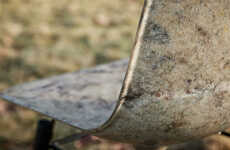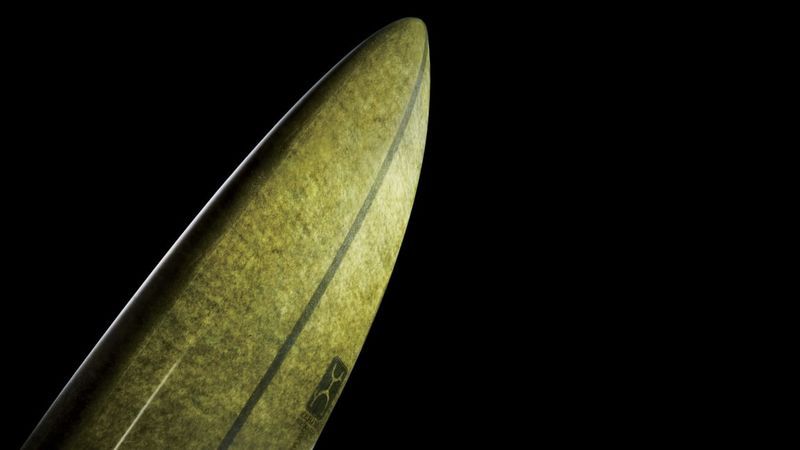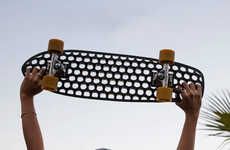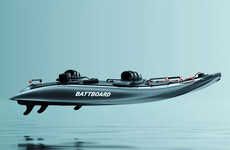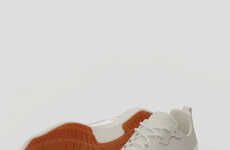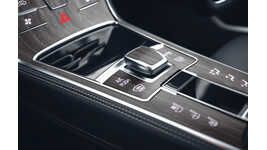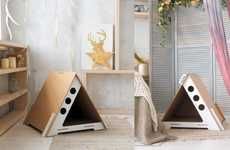
The WoolLight Surfboard Uses a More Sustainable and Eco-Friendly Material
Justin Lam — October 16, 2018 — Eco
References: asbmag & fastcompany
Surfboards are generally constructed of foam housed in resin and fiberglass, but New Zealand surfer Paul Barron is set to release his innovative WoolLight surfboard. Serving as a greener alternative to regular surfboards, the WoolLight rivals the durability of fiberglass and polyurethane. The process of making the material was developed by Barron and utilizes a vacuum-pressure technique that turns bulky wool into a thin composite of wool and bioresin.
The boards will be officially distributed by Firewire, who is initially producing 500 boards. Firewire is hoping to use the release of the WoolLight surfboard to gauge interest in the new material as an alternative to traditional surfboards. However, the material also has a host of applications outside of the sport as it could have practical applications in boat design, housing, and even the automotive industry.
Image Credit: Surf Expo
The boards will be officially distributed by Firewire, who is initially producing 500 boards. Firewire is hoping to use the release of the WoolLight surfboard to gauge interest in the new material as an alternative to traditional surfboards. However, the material also has a host of applications outside of the sport as it could have practical applications in boat design, housing, and even the automotive industry.
Image Credit: Surf Expo
Trend Themes
1. Sustainable Surfboards - The WoolLight surfboard is an example of a more sustainable and eco-friendly material being used in surfboard construction.
2. Vacuum-pressure Techniques - The process used to make the WoolLight surfboard could lead to the development of new vacuum-pressure techniques for other applications.
3. Alternative Materials for Traditional Products - The development of the WoolLight surfboard demonstrates the potential for alternative materials to replace traditional materials in a variety of industries and products.
Industry Implications
1. Surfboard Manufacturing - Surfboard manufacturers can investigate the use of alternative materials, such as wool resin composites, to create more eco-friendly and sustainable products.
2. Boat Design - The lightweight and durable qualities of wool resin composites could make them an attractive alternative to traditional boat building materials.
3. Housing Construction - The use of wool resin composites could lead to more sustainable and energy-efficient housing construction.
4.4
Score
Popularity
Activity
Freshness


